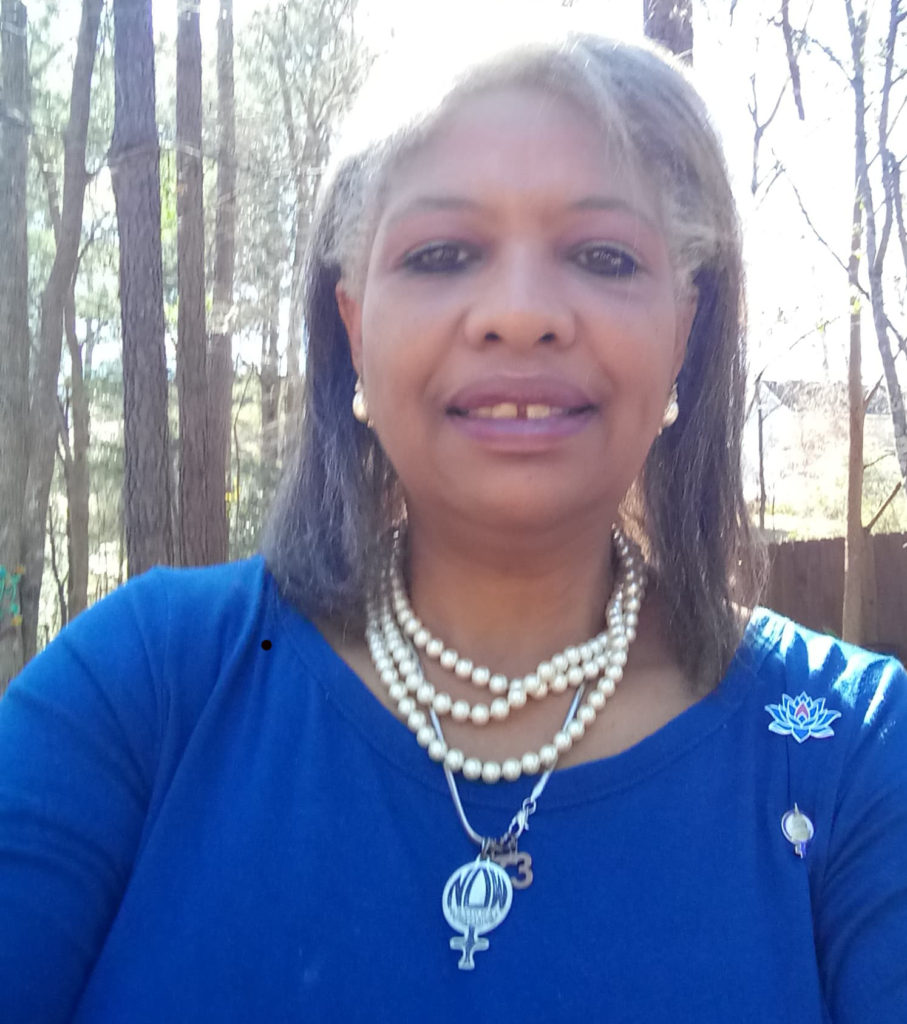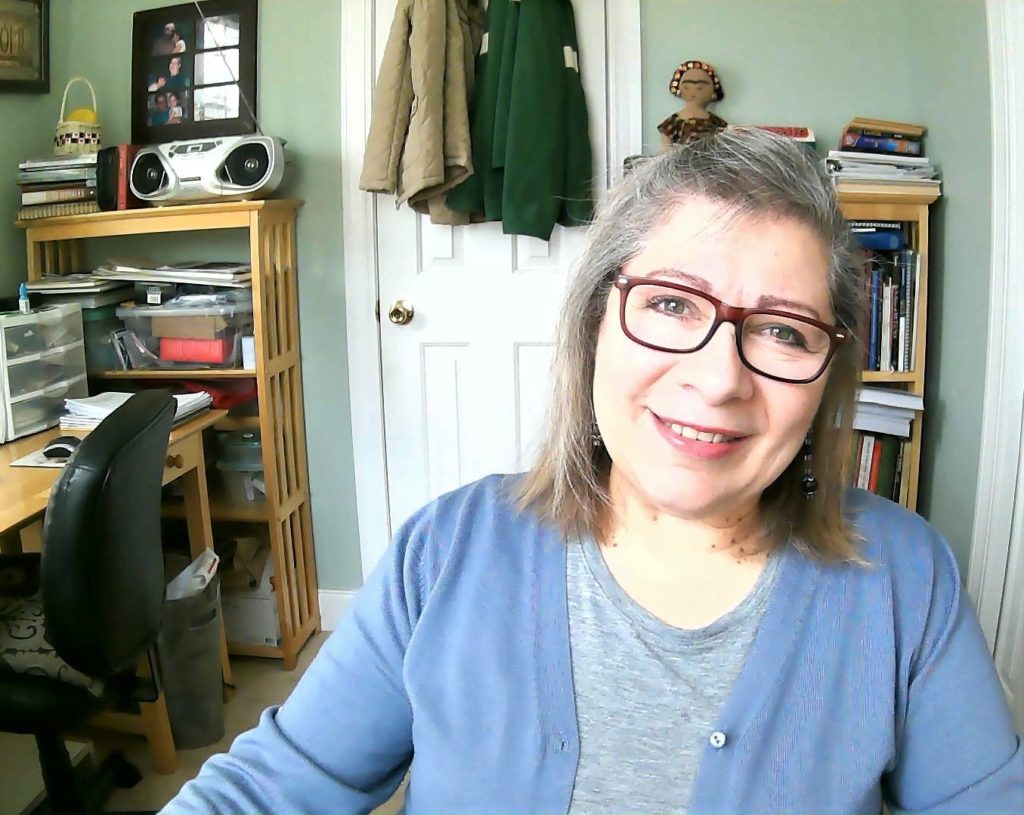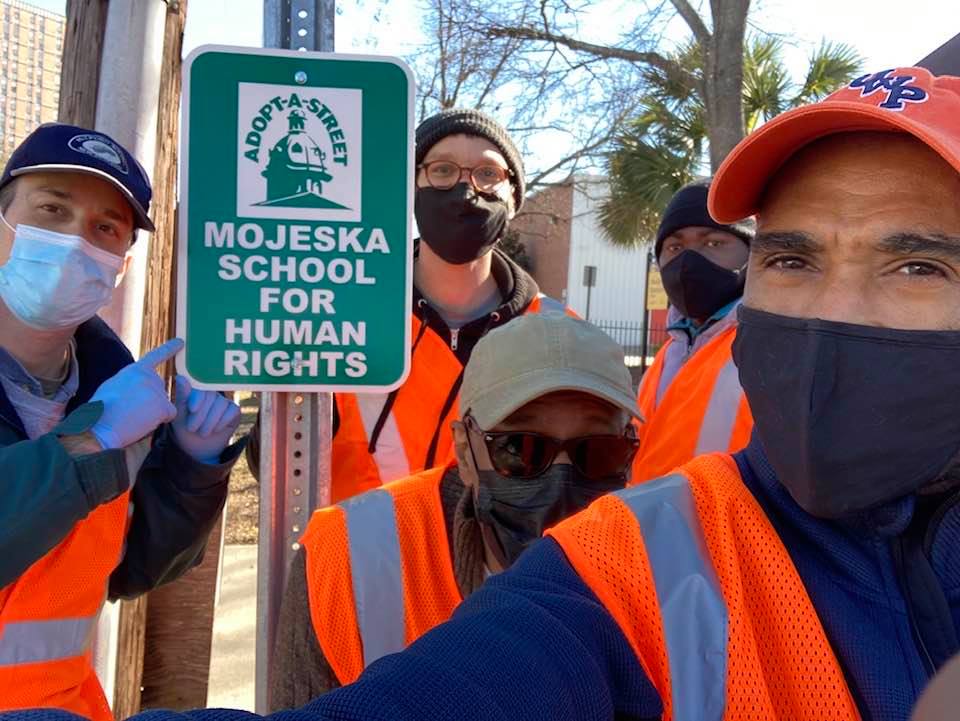Category Archives: Network News/Events
SC 2021 redistricting: Is the process fatally flawed?
Congratulations to the class of 2021!
Statement from the SC Progressive Network’s executive committee on Modjeska Simkins School
July 1, 2021
First, some background:
In 2015, the SC Progressive Network launched the Modjeska Simkins School for Human Rights to teach a people’s history of South Carolina — the material missing in the textbooks we were assigned — and the skills to be better citizens and more effective organizers. The school has exceeded our wildest expectations, and is the most rewarding work we’ve done in our 26 years of advocating for social justice in South Carolina.
Because of the pandemic, the last two sessions of the school have been held on Zoom, which has complicated not just teaching but the building of relationships in the class. In the past, students could interact more directly with teachers and each other, and would stay after class to talk and get acquainted. While now, on Zoom, some stay after class to talk, it is not the same as being face-to face.
In Class 9, where we discuss strategy and tactics, Network Director and school founder Brett Bursey used a racial epithet in recounting an incident that happened in 1969, when a racist called him an “n-lover” for coming to the defense of a Black man who was being assaulted in a Columbia cafe in front of a white police officer. The racist, of course, didn’t actually say “n-word” as he assaulted Brett — and neither did Brett in telling his story to the class. (It is worth noting, since a student accused Brett of “centering” himself in that class, that Brett was filling in that night for the two scheduled presenters who were unable to make it. They were to speak to the difficulty of doing anti-racism work.)
Several students were upset at Brett’s language, and took it up in the chat. Their concerns were not immediately addressed because the hosts and presenters were paying attention to the speakers rather than the chat. So when a student finally objected on screen, in an indirect manner, the co-hosts and many of the other students didn’t understand what was happening.
A similar scenario unfolded in the spring 2020 session, also held on Zoom, when guest Harold Hatcher, Chief of the Waccamaw people, was telling a story about growing up in racist South Carolina. His choice of words caused at least one student great offense, and class time was given over to discussion of the matter.
For his part, Brett has apologized in class and in the email below that was sent to everyone involved in this session.
• • •
Message from SC Progressive Network Director Brett Bursey:
I want to apologize to every student in this session for using language that caused pain and threw the last two classes off course. I also apologize to Dr. Robert Greene and our guest Lewis Pitts for putting them in such an awkward position and making their jobs harder. I am truly sorry.
Language is powerful, and words matter. I promise to choose mine with more care.
We hope that we can turn this heated conversation into constructive dialogue and collective growth. To that end, we are offering a deeper dive into the dialogue we’ve started. Monday’s class will be given over to talking about this further.
Dr. Frank Martin, who is familiar with the current situation and was part of last Monday’s class, will guide the discussion. He invites you to:
Communication, Conversation, Implicature, and Political Discourse
A Workshop on Speech as Ethical Action
facilitated by Frank C. Martin, II, Ph. D.
Philosophy, Specializing in Axiology (the philosophical study of value)
We won’t be talking about the practicum on Monday, as had been scheduled. Instead, staff will talk after graduation with individuals or groups who want to work on a project. More on that later.
Finally, Dr. Robert Greene sent this message to share with you:
It is with heartfelt sincerity that I wish to apologize for the events surrounding language in the last two classes. The Modjeska Simkins School of Human Rights is meant to be a safe, comforting, and learning space for everyone, and that tranquility was disrupted. I will strive to do better as Lead Instructor and will do everything I can to make sure the school lives up to the high expectations we should all hold for it.
Robert Greene II, PhD.
Modjeska Simkins School for Human Rights Faculty Coordinator
• • •
Dr. Martin was asked to lead a session on political discourse, his specialty, and to facilitate a discussion among students. (He is not associated with the Network, as has been said in some circles in an effort to discredit his role. His only link with the Network is being a mentor to Network Co-Chair Omari Fox while he attended SC State University.)
The staff took students’ concerns seriously enough to dedicate the entire last class to address them. Some of the students who had expressed their objections chose not to attend. Others came but used the chat to express themselves rather than hear what Dr. Martin had to offer.
After meetings with the school staff and advisors, the consensus of the Network’s executive committee was to apologize to those who have been hurt, and then get back to our work. We have resolved to include a message in the school application advising prospective students that the Modjeska Simkins School is a graduate-level program, and to expect tough topics and hard conversations.
We will ask future guest speakers to be mindful of their words, but we are not in the business of censorship. We believe that everyone should have agency to tell their own stories in ways that are true and authentic. Intent and context are critical.
In keeping with our commitment to learning and growing, we are willing to meet with allies and adversaries in whatever forum they want to facilitate. Whether that happens or not, know that we appreciate all the warriors in South Carolina’s trenches. There is enough social justice work to keep us all busy for the rest of our lives. Let’s collaborate when we can, respectfully disagree when we can’t, and grant each other the grace to believe that we’re all doing our best during truly trying times.
Sincerely,
SC Progressive Network Executive Committee
A brief but spectacular look at South Carolina’s LGBTQ history
University of South Carolina professor Dr. Ed Madden was invited to speak to the Modjeska Simkins School class on May 17 to offer an overview of the gay rights movement in South Carolina and tips for organizers about coalition building.
The evolution of Auntie Bellum magazine
Benedict College professor Meeghan Kane spoke to the Modjeska Simkins School class on May 17 about her experience resurrecting the SC late-’70s feminist publication Auntie Bellum and creating an online magazine by and for Southern women of another generation. It was later rebranded as Unsweetened.
The crew also produced a podcast, which Kane hosted out of a rented studio in Columbia, SC.
Identity politics: the good, the bad, and the ugly
Round-table conversation with Mandy Carter, Kevin Alexander Gray, Harriet Hancock, Brett Bursey, and Robert-John Hinojosa. Facilitated by Dr. Robert Greene II. This special session of the Modjeska Simkins School— a project of the SC Progressive Network — was part of the school’s Deeper Dive series, which is open to the public.
Lessons from the radical student-led Southern Negro Youth Congress
In a special session of the Modjeska Simkins School on April 26 that was open to the public, UNC professor Dr. Erik Gellman, author of Death Blow to Jim Crow, The National Negro Congress and the Rise of Militant Civil Rights, led discussion on the Southern Negro Youth Congress.
Founded in 1937, SNYC grew out of the National Negro Congress and the leftist student movement of the 1930s. SNYC was a radical, interracial organization that managed to make extraordinary gains in a brutally hostile political climate. It has much to teach today’s movement organizers.
Last call for the spring session of the Modjeska Simkins School
If you’ve been thinking about attending the Modjeska Simkins School, now is the time for action. To join what is shaping up to be a wonderfully diverse class, please submit your application by Monday, March 1. The session, which runs March 7 – July 3, meets on Monday evenings 6:30-8:30 on Zoom. (See class schedule at modjeskaschool.com.)
Melanie McGehee attended the school in 2019 with her precocious son Ian, then 14. So convinced of the school’s importance, Melanie used her recent birthday to encourage her friends to donate. “I would love to fund a scholarship to this year’s Modjeska School,” she wrote. “It literally brings to life SC history, and the class camaraderie brings hope and action.”
(We welcome donations of any amount to help pay for student scholarships and stipends for guest speakers. You can do that securely online or by sending a check to Modjeska School, POB 8325, Columbia SC 29202.)

Whether you want to be a community activist or just a more effective citizen, the school offers a unique education in SC history, its racially driven politics, and its oversized influence on the national stage.
“The Modjeska Simkins School of Human Rights is a MUST for understanding South Carolina politics, said Annette P. Bethel, who attended in 2018. The school helped focus her interest in women’s rights. After graduating, she relaunched, and currently leads, the Columbia NOW chapter. “Looking at politics from a historical lens is important. If one is serious about organizing, or simply wants to be more informed about South Carolina, the Modjeska School is a great in-depth study.”

Some students sign up for the school to sharpen their organizing skills, other want to fill a gap in the social justice landscape. Dr. Laura Cahue, who graduated from the first Modjeska School class in 2015, wanted to expand her work protecting immigrant rights in South Carolina. The school helped crystalize her ideas, and gave her the support she needed to take the next steps.

“For all of the non-profit organizations that exist in South Carolina, very few of them are led by Latinx people,” she said. “I am Mexican American, and when I heard about the Network’s Modjeska Simkins School, I was most excited by the part about participants being expected to develop an organizing project by the end of the course. Mine was the Grassroots Alliance for Immigrant Rights, an umbrella organization designed to coordinate state-level actions for immigrant-led groups. We fight against immigration enforcement measures that seek to criminalize our communities and incentivizes law enforcement agencies to cage our people.”

“Our local group is called Fuerza Jirasol. We raise our own funds, and use them to leverage our community’s power to get things done. We have conducted outreach in out communities, and even in a pandemic we were able to work to register Latinx votes and get them to the polls. Also during the pandemic, we were able to secure a small grant from Mijente to do the ground work for starting our own Traditional Embroidery Cooperative business, Bordados Jirasol.
The Network has supported these efforts by serving as our fiscal sponsors and an incubator for us to take the next step to establish our own 501c(3). These projects and initiatives were seeded within the Modjeska Simkins School.”

Dr. Robert Greene, who teaches history at Claflin University in Orangeburg, will lead the session, which will be held on Zoom. Last year’s graduate Lillian Boatwright is a fan. “Hands down, he is my favorite lecturer in any course I have taken. He not only knows his stuff, but delivers it in a way that draws you in and makes you engage.”
See modjeskaschool.com for more about the school, class schedule, or to apply. The $250 tuition fee may be paid in installments. Some partial scholarships are available. Questions? Call 803-808-3384 or email network@scpronet.com.
Pat, we’d like to buy a “d”
As part of the Adopt-A-Street program, SC Progressive Network volunteers working on behalf of the Modjeska Simkins School have earned signage to mark their work over the past year cleaning up the stretch of Marion Street between Elmwood to Taylor.
Unfortunately, they misspelled Modjeska. It’s an easy mistake to make, as Modjeska herself grumbled about the difficult name she was saddled with. We’re working to get it corrected.
We appreciate everyone who has put time into helping beautify our neighborhood, but especially Chris Gardner, who has been our liaison to the City and has coordinated the work crews.

